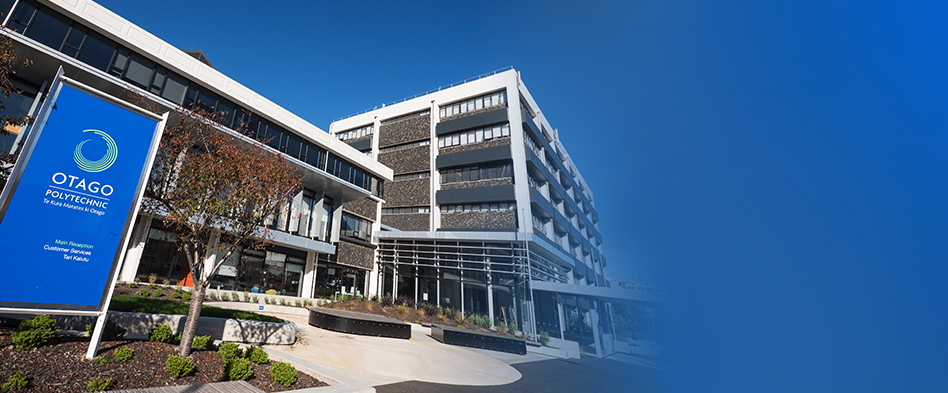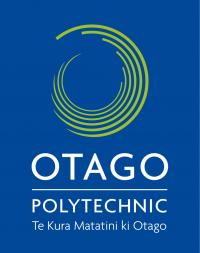Master of Applied Science
Take your sport and exercise knowledge and skills to the next level with this qualification.
This program will allow you to demonstrate mastery of theoretically and procedurally sophisticated subject matter through a body of scholarly applied work, which is presented in a public forum and supported by a project or thesis. This could form the basis of scholarly journal articles. The work will respond to societal needs, address practice from multiple perspectives and be positioned within a wider framework of academic and applied research.
This qualification prepares you for doctoral-level study, an academic career or a lead sport or exercise management role.
Graduates of this program can expect to gain employment as expert practitioners within a professional organizational setting. This may include government or non-government sport (performance analysis or physical conditioning) and exercise for health settings. It is expected that graduates have created new knowledge in their studies and are leading the industry.
Campus Information
Dunedin Campus
This is the main Otago Polytechnic campus. We're just ten minutes' walk from the city centre, with its great shopping and superb cafés, restaurants, museums and galleries. We're right near the harbour, mountain bike tracks, sports facilities, the cricket oval and Forsyth Barr Stadium, and a short drive away from excellent surf beaches, and outlying suburbs that have their own cool village vibe.
Intakes
- Feb
Application Processing Time in Days: 10
Application Process
Minimum English Language Requirements
| English Level Description | IELTS (1.0 -9.0) | TOEFL IBT (0-120) | TOEFL CBT (0-300) | PTE (10-90) | |
|---|---|---|---|---|---|
| Expert | 9 | 120 | 297-300 | 86-90 | |
| Very Good | 8.5 | 115-119 | 280-293 | 83-86 | |
| Very Good | 8 | 110-114 | 270-280 | 79-83 | |
| Good | 7.5 | 102-109 | 253-267 | 73-79 | |
| Good | 7 | 94-101 | 240-253 | 65-73 | |
| Competent | 6.5 | 79-93 | 213-233 | 58-65 | |
| Competent | 6 | 60-78 | 170-210 | 50-58 | |
| Modest | 5.5 | 46-59 | 133-210 | 43-50 | |
| Modest | 5 | 35-45 | 107-133 | 36-43 | |
| Limited | 4 | 32-34 | 97-103 | 30-36 | |
| Extremely Limited | < 4 | < 31 | < 93 | < 30 |
Job Opportunity Potential
Career planning and decision making
Career is a whole of life concept and not just what you are currently doing as a ‘job’. It is the Interrelatedness of all things currently in your life – study, leisure, family, friends, voluntary and/or community work, and how you fit it all together.
Career Planning
There are so many choices and options available and this can make planning your career quite difficult. The new 'world of work' requires you to be in charge of creating your own career; managing it will be a life-long journey.
Your most important asset is yourself. Therefore, the more you invest in yourself in the form of skills and knowledge development, self-awareness, networking and gaining relevant experiences, the more you expand your opportunities.
Self-assessment
Self-assessment or self-understanding is the process of knowing yourself. Before you can decide what you want to be, you first have to define who you are.
As you continue to develop both personally and professionally throughout your career, it will be necessary for you to re-assess yourself periodically in relation to your career goal provider.
Career Exploration - The World of Work
It is important to explore the 'world of work' before making a career decision to ensure that you are well informed of the work environment. Knowing where the jobs are and how easy it is to get them will influence your choices. Being aware of the obstacles or trends in the world of work will help you make career enhancing decisions to enable you to transition into successful employment.
Career pathways
From the information from your research select the one job that most appeals to you. Taking into consideration all of the information that you have gathered so far about yourself, and any other information, identify why you have chosen one particular path over the other. You could do this by drawing up a table where you list advantages and disadvantages.
Developing your action plan
Once you know what direction your career goal is in, you need to develop a career action plan. A career action plan helps to clarify directions and decision making.
Put the plan into action
The final step in the career plan is Deliver. Now you need to put your plan into action and make it happen. Start the journey towards a career you will love.
PSW Opportunity
- During study, all students on a student visa can work up to 20 hours per week during semester and full time during vacations.
- After completing Level 7 Bachelor’s Degree or Higher Qualification, a student will get a three years open post-study work visa.
- After completing Level 8 Post Graduate courses of 1 year, students get 1 year PSW.
Admission Requirement / Eligibility Criteria
To enter Otago Polytechnic’s undergraduate certificates, diplomas, and degrees, you need to have achieved a secondary school qualification that is equivalent to New Zealand’s NCEA levels (National Certificate of Educational Achievement).
India
NCEA Level 2
Equivalent entry requirements for certificates and diplomas
- At least 55% average across 4 academic subjects in CBSE, HSC or ISC with at least 60% in English, or equivalent in other boards
NCEA Level 3
Equivalent entry requirements for bachelors' degrees and selected diplomas
- At least a 70% average over 4 academic subjects in CBSE, HSC, or ISC with at least 60% in English, or equivalent in other boards.
Nepal
NCEA Level 2
Equivalent entry requirements for certificates and diplomas
- Higher Secondary Certificate with 1st division pass.
NCEA Level 3
Equivalent entry requirements for bachelors' degrees and selected diplomas
- Successful completion of one year’s tertiary study at a recognized institution. Or successful completion of an Otago Polytechnic certificate program.
Sri Lanka
NCEA Level 2
Equivalent entry requirements for certificates and diplomas
- 4 GCE O Levels with grades ranging from A-C
NCEA Level 3
Equivalent entry requirements for bachelors' degrees and selected diplomas
- Sri Lankan GCE A Levels with passes in at least 3 subjects.
- Or successful completion of an Otago Polytechnic certificate program.
English Language Requirements
If English is not your first language, you must provide:
New Zealand University Entrance OR
Overall Academic IELTS 6.5 with no individual band score lower than 6.0 (achieved in one test completed in the last two years)
- Course Type: Full Time
- Course Level: Masters/PG Degree
- Duration: 01 Year 06 Month
-
Total Tuition Fee:
35000 NZD
Annual Cost of Living: 20000 NZD
Application Fee: N/A

